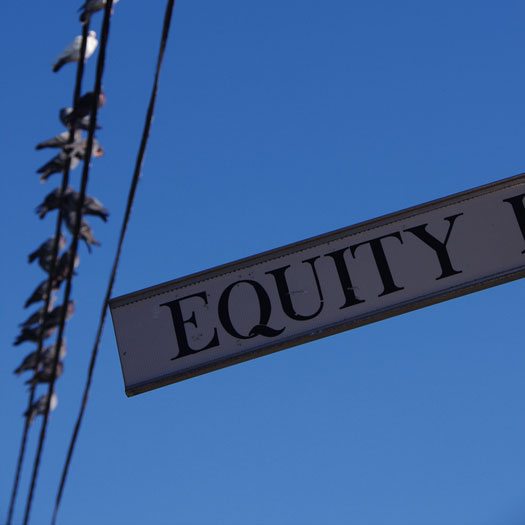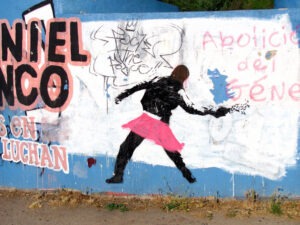
July 16, 2017; Miami Herald
“If working women in Florida were paid the same as comparable men the poverty rate among all working women would fall by 57.3%.” So reads the headline on the new Equal Pay Miami Dade project website. The Women’s Fund of Miami Dade chose pay equity as a way to improve the quality of life for women and girls because “this single issue has the potential to positively impact a wider range of issues—affordable housing, childcare, transportation and more.”
In a recent op-ed in the Miami Herald announcing the project launch on July 17th and inviting readers to participate, Janet Kyle Altman, board chair of The Women’s Fund, wrote, “More than 20 percent of women in Miami-Dade County live in poverty. That’s more than a quarter-million women. Many of them are single, working mothers, struggling to put food on the table for their families. That’s not acceptable.”
Though the federal Equal Pay Act of 1963 prohibits wage discrimination on the basis of sex, there is no regular monitoring program. Instead, issues surface when women file claims, which puts the burden and risk of reporting on those who can least carry it. As a result, nationally, women earn 78 cents on a man’s dollar. “Over fifteen years, a typical woman loses $499,101 due to pay inequity.” It’s even worse for Latinas and Black women.
Sign up for our free newsletters
Subscribe to NPQ's newsletters to have our top stories delivered directly to your inbox.
By signing up, you agree to our privacy policy and terms of use, and to receive messages from NPQ and our partners.
Altman tackles some of the typical arguments for not paying women equally head-on.
You may think that paying employees equally will hurt Miami-Dade’s businesses. But paying fairly can help companies attract and retain quality employees and customers who prefer to buy from those who treat employees fairly. You may think that your company is too small to really make a difference, but every company counts, just as every woman counts.
The multi-year collaborative campaign will share statistics and stories that highlight the impact of unequal pay on the lives of women. It will ask employers to commit to equal pay and provide tools to help them put equal pay plans in place, and celebrate companies that make the commitment.
The campaign is currently identifying county and municipal government and private sector partners.—Cyndi Suarez













